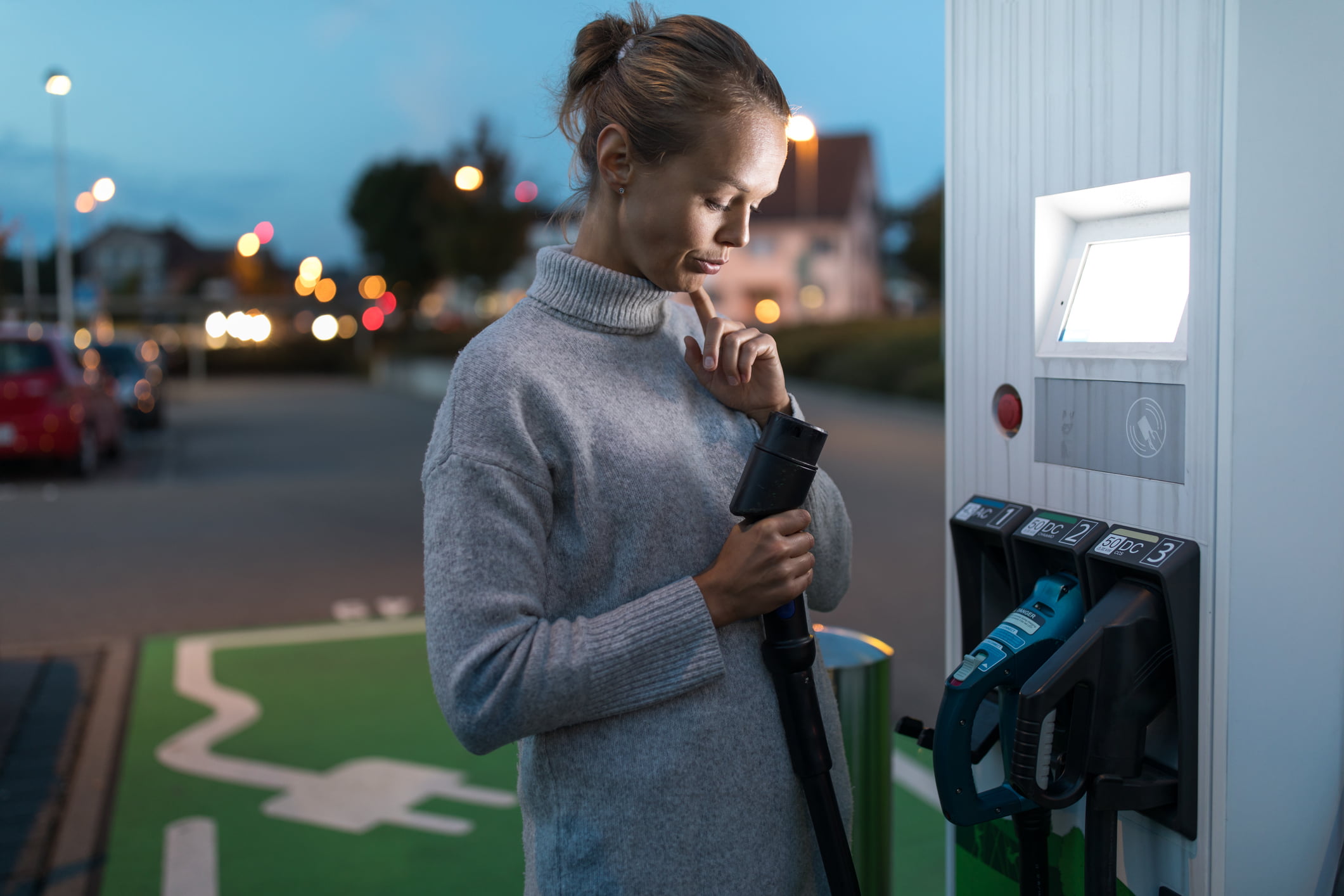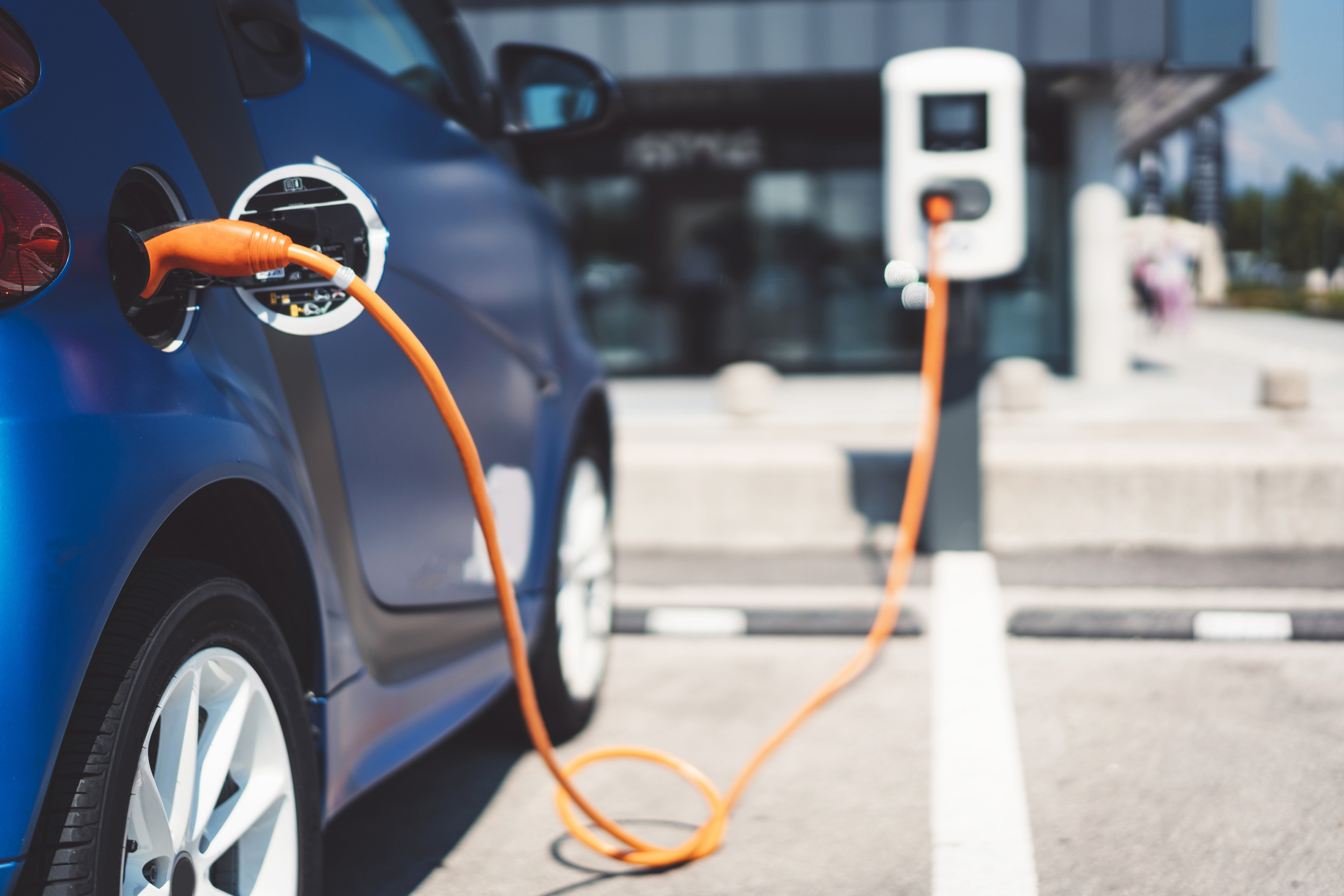Oxford focused on on-street charging solutions, trialling a mixture of technologies including lamp post charging, bollards and home chargers with cable gullies.
Milton Keynes and London looked at a community hubs solution, where chargepoints are provided in car parks near residential areas. In London, these chargepoints can also be used by businesses during the day.
Dundee focused on the rapid charging hub model, installing three hubs with a fourth planned. These hubs included six rapid chargers, three 22 kW chargers and battery storage. The Scottish city struggled with an on-street solution, as the lamp posts are located at the back of the footway, but has been trialling pop up chargers, similar to those tested in Oxford.
York is looking to make sure it has a mixture of charging types and sufficient infrastructure in the right places, such as council-owned car parks. The city is focusing on fast charging in council car parks and hyper hubs on the outskirts of the city.

